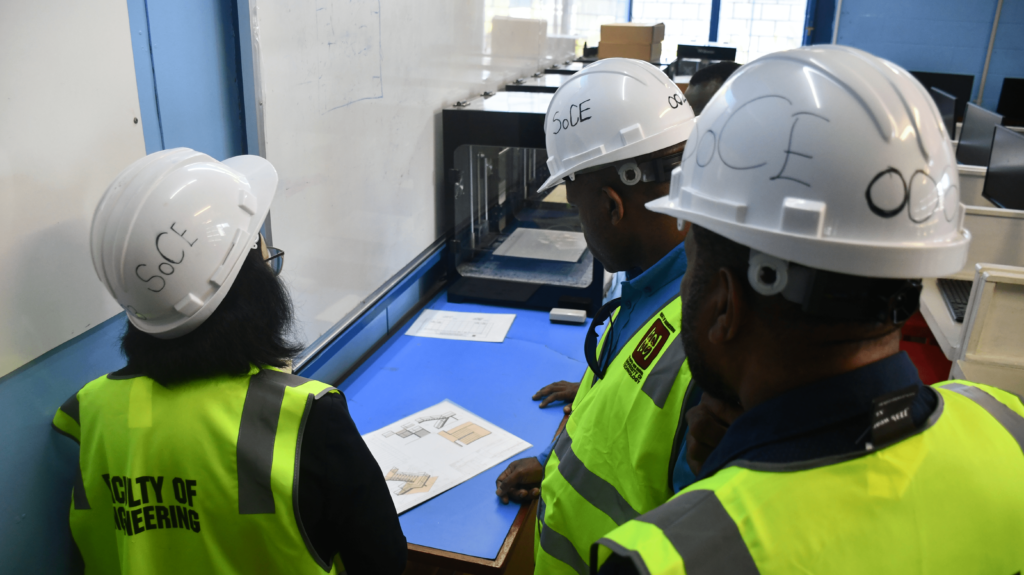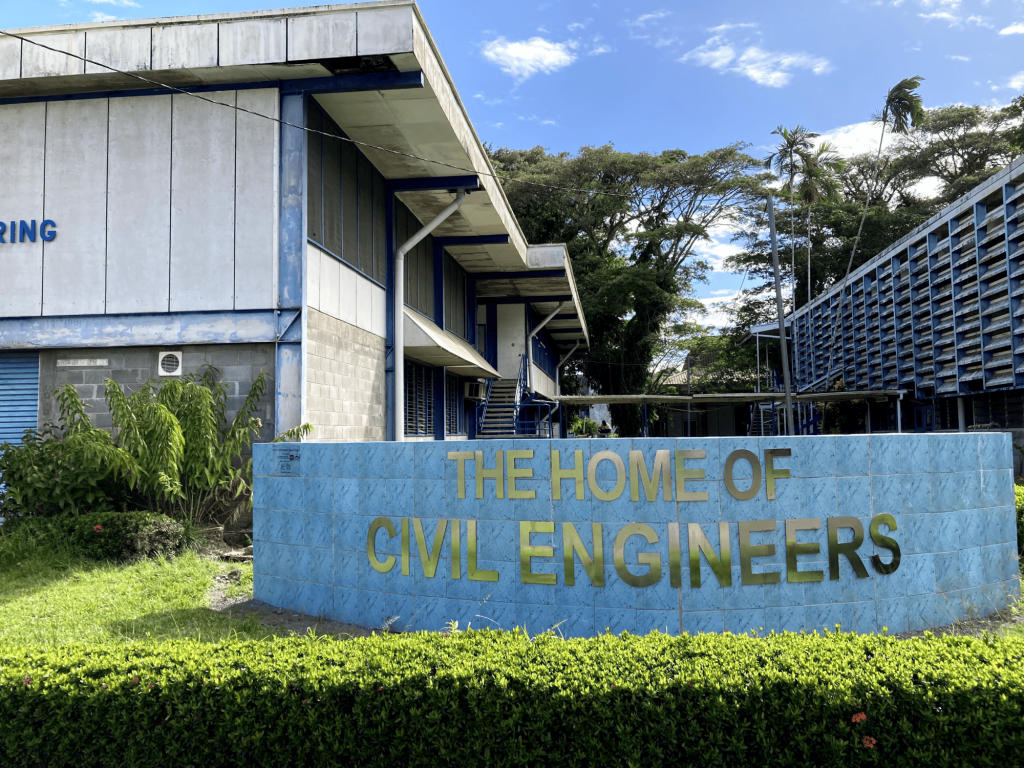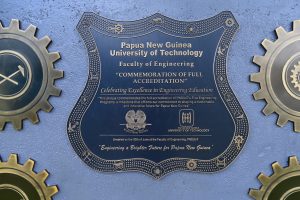About the School of Civil Engineering
All engineering was Military Engineering until the 18th Century. In the 18th century, the term “civil engineering” came into use to describe engineering work that was performed by civilians for non – military purposes.
Civil engineers frequently work on complex projects which involve many technical, economic, social and environmental factors.
Civil engineering takes place on all levels: in the public sector from municipal through to national governments, and in the private sector from individual homeowners through to international companies.
Civil engineers also help to preserve the environment by assisting in the management of pollution and planning to reduce future pollution of air, land and water.
Civil Engineering Profession
Civil Engineering has several engineering professions under one name. At the Papua New Guinea University of Technology, these various professional disciplines include water and wastewater engineering, environmental engineering, geotechnical engineering, pavement and traffic engineering, structural engineering, and construction management. A Civil engineer is trained to perform a broad range of tasks, which include the following:
- Design, plan, and construct bridges, roads, buildings, aerodromes, wharves, jetties, water treatment and supply systems, sewage treatment and disposal systems;
- Carry out feasibility studies and ground investigations for engineering structures, and design of foundation systems for bridges, buildings, wharves, roads, water and sewage treatment facilities;
- Plan, control, and monitor construction operations and their effects on the environment, and management of assets and resources.

Being several professions under one name, the students in Civil Engineering learn the basic skills of surveying, water and wastewater engineering, environmental engineering, geotechnical engineering, transportation engineering, structural engineering, and construction management.

- The course offered leads to the award of the degree in Bachelor of Civil Engineering (Honours) and it takes a minimum of four years to complete.
- The Master of Engineering in Civil Engineering, Master of Science in Solid Waste and Resource Management, and Master of Philosophy (by Research) are completed in two (2) years.
- The Doctor of Philosophy in Civil Engineering can be completed in four (4) years.




